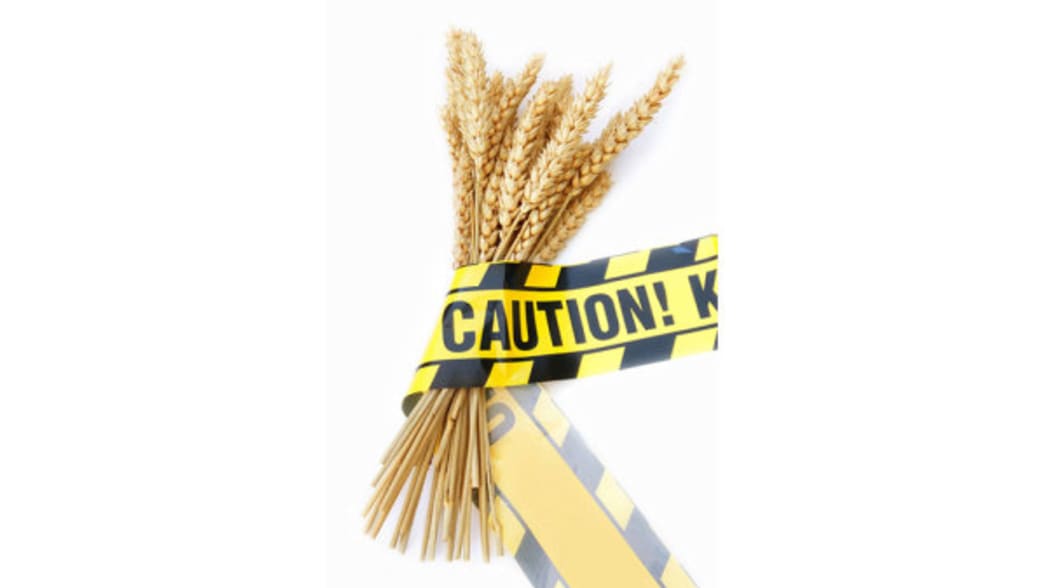People who can't tolerate gluten, or prefer to avoid it, must avoid all grains.
Wheat is not gluten-free.
a) True
b) False
Quinoa is a gluten-free grain.
a) True
b) False
When a packaged food doesn't contain grains, it doesn't contain gluten, even if it isn't labeled "gluten free."
a) True
b) False
Oats are naturally gluten-free.
a) True
b) False
All but one of these naturally contain gluten. Which one does not?
a) Wheat
b) Kamut
c) Barley
d) Buckwheat
e) Rye
f) Triticale
All but one of these are naturally gluten-free. Which one contains gluten?
a) Amaranth
b) Millet
c) Bulgur
d) Sorghum
e) Teff
f) Corn
g) Rice
Testing for celiac disease is widely accepted in medicine, but there is no test for gluten sensitivity in people without celiac disease.
a) True
b) False
Gluten Quiz Answers
b) Not all grains contain gluten. People who cannot tolerate gluten can eat gluten-free grains. However, it's also possible to have an intolerance to grain for reasons other than gluten, and then, even gluten-free grains need to be avoided. Flours made from coconut, nuts, and seeds are grain-free options for baked goods, and there are a growing number of grain-free products made with such flours.
b) While it's true that quinoa doesn't contain gluten, it's actually a seed rather than a grain. Because it's often eaten or used in recipes in place of grains, it tends to be viewed as a gluten-free grain.
b) A packaged food without grains may contain gluten for two reasons: Gluten may be added as an ingredient for texture, or gluten may be introduced through cross-contamination. Many foods we don't associate with grains, such as soups, sauces, and dressings, contain added gluten. However, foods labeled "gluten free" do not contain gluten. In nature, gluten is not present in meat, fish, vegetables, nuts, seeds, and fruit, and is unlikely to have contaminated fresh versions of these foods, unless flavoring or marinades have been added.
a) Oats are naturally gluten-free. However, they may become contaminated during growing, harvesting, or processing. Some companies take care to produce gluten-free oats, and label them as such.
d) Buckwheat is naturally gluten-free. All of the others contain gluten. Kamut is considered an ancient grain and possibly healthier than today's wheat, but it is still a type of wheat, so it does contain gluten.
c) Bulgur naturally contains gluten. The others do not, but it's a good idea to check labels for a "gluten-free" description to make sure they haven't been contaminated with gluten during harvesting or processing.
b) Testing for gluten sensitivity, rather than celiac disease, is controversial in conventional medical circles, but integrative and naturopathic physicians can do such tests, and some labs are specially equipped to perform them. For more information, check out advancedglutentest.com. Tests must be ordered and evaluated by a health professional.
Written by vera-tweed for Better Nutrition and legally licensed through the Matcha publisher network. Please direct all licensing questions to legal@getmatcha.com.

